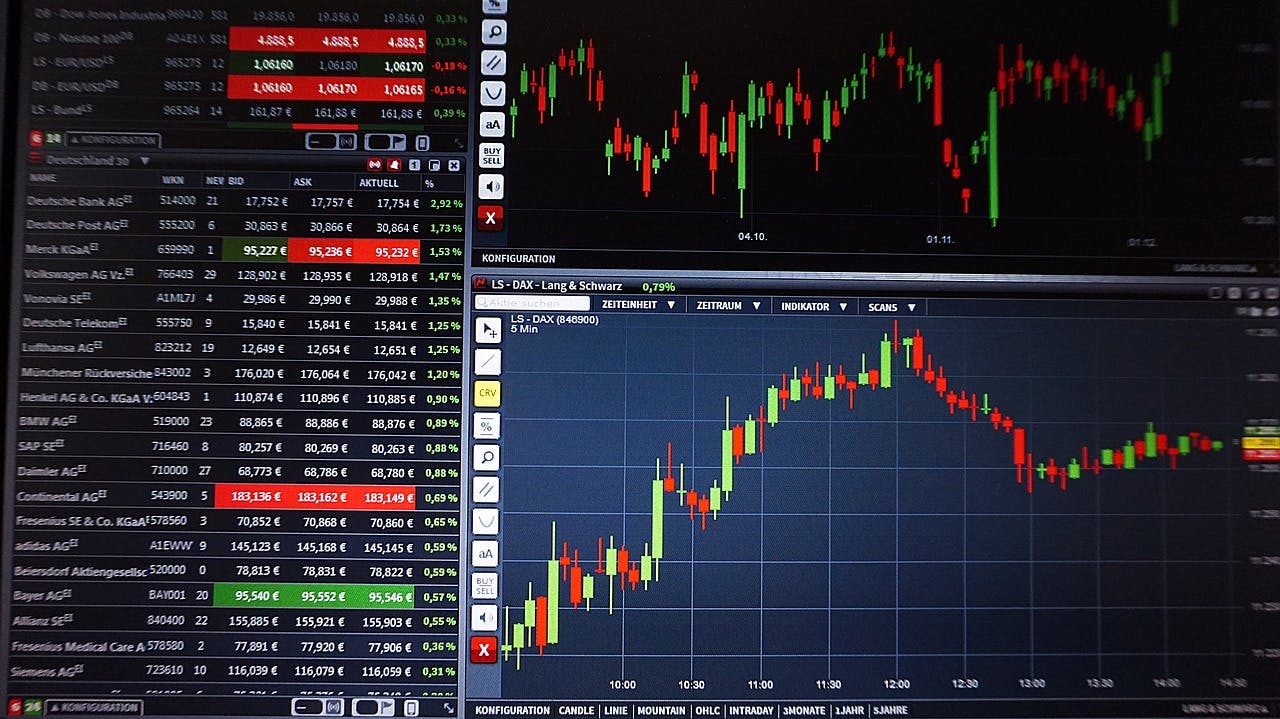Article
An Overview of Financial Markets in Iceland
Why you should invest in the Icelandic financial markets and a brief history
Iceland has not always been associated with economic prosperity; in fact, for many years it was quite the opposite. The Icelandic economy has successfully weathered both a sovereign default and a government collapse. Despite these economic problems, an upturn fuelled by extensive tourism could boost the economy again.
Iceland’s economy, which was built on the traditional and stable sectors of fishing, tourism and aluminium smelting, crashed in 2008 due to the entry into financial services. The three largest banks, which had accumulated assets worth more than 14 times Iceland's GDP, collapsed within three days. This led to a steep fall in the Icelandic national currency, the krona (ISK). The stock market plummeted by a whopping 95% and most companies went bankrupt. House prices fell and mortgage costs doubled. The economy had completely collapsed and the Icelandic financial market no longer existed.

After the economy faltered, the IMF stepped in and tried to prevent the country from falling even deeper into debt. The government quickly introduced capital controls that completely banned the purchase of foreign currency and investments in foreign shares. Companies struggled with the restrictions on foreign currency outflow and foreign investors were prevented from moving their assets out of the country. The central bank's regulation of high earners and high value assets prevented an outflow of capital that could have further paralysed the economy and the Icelandic financial market.
Although many foreign investors suffered huge capital losses when debtors defaulted, the credibility of the government helped to win the confidence of investors. They were sure that the government would honour its promise to lift the restrictions as soon as the economy regained strength. Although the Icelandic financial market only just survived the economic crisis, the devaluation of the krona proved to be an advantage. The export business expanded rapidly due to competitive prices on foreign markets. The krona’s tempting exchange rates attracted tourists who wanted to visit the spectacular island. By 2014, tourism had almost doubled compared to the pre-crisis period. Since then, tourism has grown almost exponentially every year. Tourism, household spending and the property market all contributed to significant growth in the Icelandic financial market and a noticeable upturn in the economy, prompting the banks to gradually lift restrictions.

The Icelandic financial markets have recovered quite slowly over a period of almost 7 years and the country continues to grow annually. During this period of recovery, Iceland has managed to accumulate enough reserves to strengthen the value of the krona. With inflation under control and unemployment falling, interest rates in Iceland are competitive.
Given the state of the Icelandic financial markets, Iceland is a great place for business owners and investors to place their finances. Swapp Agency knows the intricacies of the Icelandic financial markets and can help you invest wisely. Don’t miss the opportunity to invest in the growing Icelandic financial market.